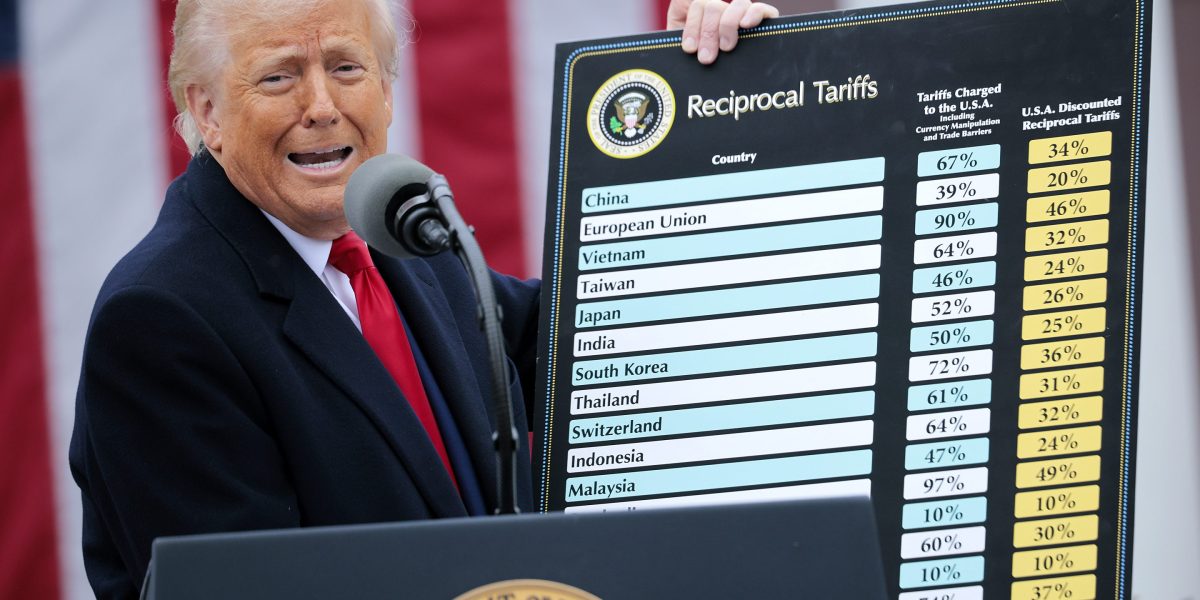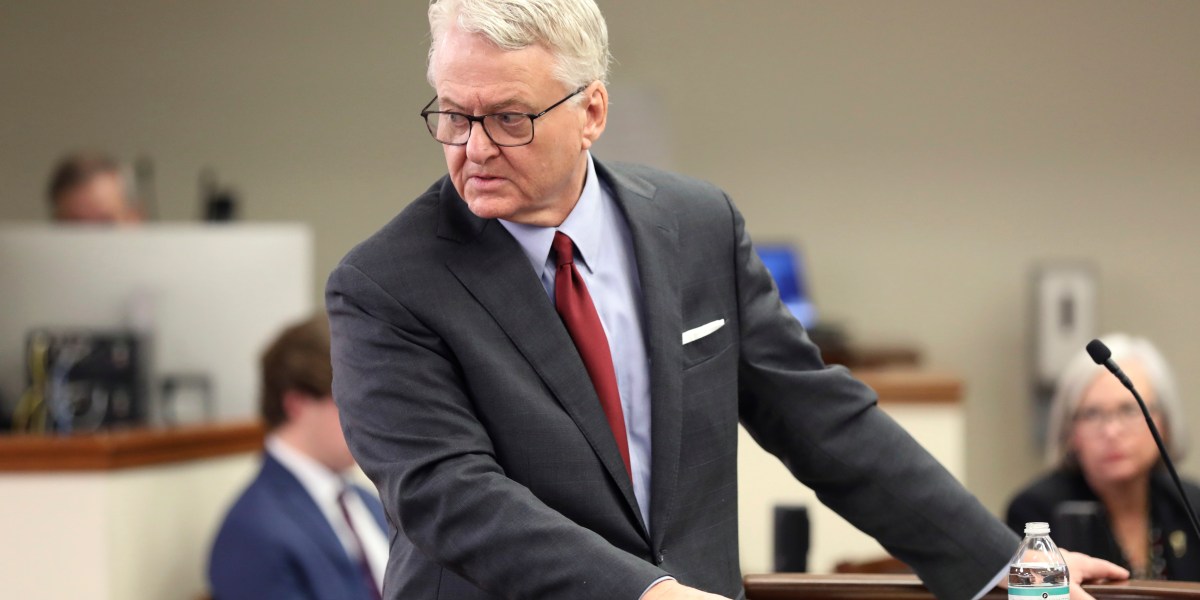For the first time in over two centuries as a U.S. state, South Carolina lawmakers are going to try to remove a statewide elected official from office.
The Republican-dominated Senate on Wednesday decided to hold a hearing to decide if Republican state Treasurer Curtis Loftis should be removed from office over a $1.8 billion accounting error and then failing to report the problem to the General Assembly. Loftis says the attempt to oust him is politically motivated.
Loftis can be removed if two-thirds of the Senate and House vote against him. At a hearing on April 21, senators will present their case and Loftis or his attorney will have three hours to respond. The House would then follow suit with their own hearing.
Money that didn’t exist
A 58-page report released last week on the accounting error said South Carolina’s books have been inaccurate for 10 years and continue to not be corrected. The state paid millions of dollars to forensic accountants who eventually determined the missing money was not cash the state never spent, but instead was a series of errors in balancing books and shifting accounts from one system to another that were never reconciled.
The state should “not consign the ongoing fiscal oversight — the banking and investment functions of our state — to continued incompetence. In sum: if the treasurer cannot keep track of the treasury, then he should not remain treasurer,” senators wrote in their report that included more than 600 pages of exhibits.
Loftis responded by pointing out he has won four elections since 2010 and called the Senate investigation a power grab so they can get support for a bill to have the treasurer become an appointed position.
“South Carolina’s financial threat isn’t from mismanagement or missing money. The real danger comes from a relentless, politically motivated attack on my office — one that risks undermining our state’s financial reputation, increasing taxpayer costs, and stripping voters of their right to elect a Treasurer who works for the people, not special interests,” Loftis wrote in a statement.
The origins of the mistake
The problems started as the state changed computer systems in the 2010s. When the process was finished, workers couldn’t figure out why the books were more than $1 billion out of whack. A fund was created to cover the accounting error and over the years more was added on paper to keep the state’s books balanced.
The error came to light after Comptroller General Richard Eckstrom resigned in March 2023 over a different accounting mistake and his replacement reported the mystery account.
The report said Loftis not only ignored or failed to find mistakes made by his office but also rejected or slowed down attempts to independently investigate the problem.
“The treasurer tried to cover them up. He covered it up for the better part of seven to eight years,” Republican Sen. Stephen Goldfinch said.
A Senate subcommittee has held hearings to question Loftis under oath. They have been contentious. Loftis has slammed papers, accused senators of a witch hunt and threatened to get up and leave.
Showdown with senators
One move that particularly angered senators occurred after a lawmaker asked Loftis why he didn’t file reports on the state finances, as required by law. The treasurer said he would publish a report online that could include bank account numbers and other sensitive information.
Senators were in an uproar the next day. They said the report could easily be published without information that would allow cybercriminals to empty the state’s accounts.
They had the governor and the head of the state police find Loftis and demand he not publish the report. The treasurer said he was just following the Senate’s instructions.
“His volatile temperament and angry demeanor degrade those who are charged to work with him to secure the financial standing of South Carolina,” senators wrote in last week’s report.
The report also said Loftis is responsible for millions of dollars to be spent through his lack of oversight and later lack of cooperation investigating the account.
What happens next?
The Senate approved Wednesday what is called the “removal on address” hearing by a voice vote with no opposition. Lawmakers have never taken the constitutional step to its conclusion.
The resolution’s future is a little more murky in the House, where no Republicans have come out to forcefully call for the treasurer’s removal.
Republican Gov. Henry McMaster has also suggested removing Loftis from office is too drastic, but the governor does not have a major role in the process.
This story was originally featured on Fortune.com
Source link


 Entertainment8 years ago
Entertainment8 years ago
 Politics8 years ago
Politics8 years ago
 Entertainment8 years ago
Entertainment8 years ago
 Entertainment8 years ago
Entertainment8 years ago
 Tech8 years ago
Tech8 years ago
 Tech8 years ago
Tech8 years ago
 Tech8 years ago
Tech8 years ago
 Politics8 years ago
Politics8 years ago






